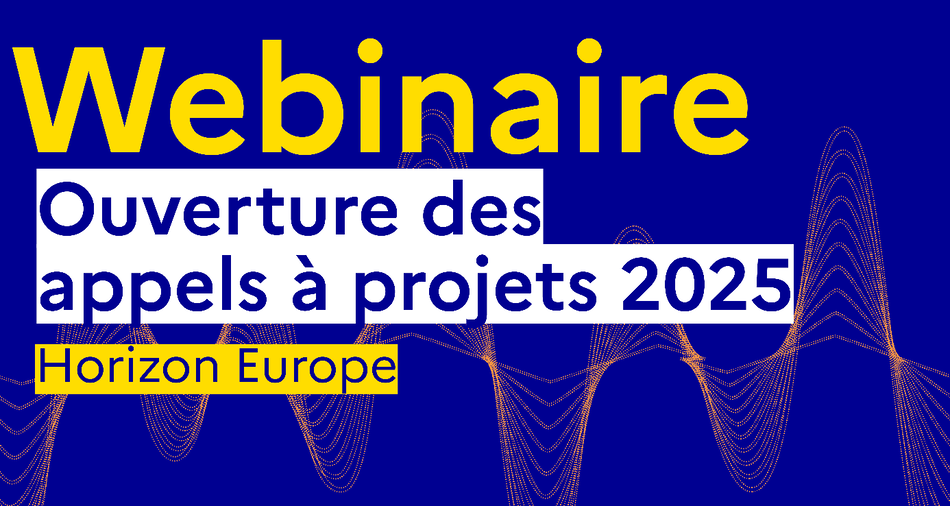ExpectedOutcome:
This topic will support the European Green Deal, notably its climate objectives and the EU proposal for a nature restoration law[1] of the EU biodiversity strategy for 2030. Earth’s natural terrestrial carbon sinks, in particular peatlands and wetlands, are expected to play a crucial role in reaching EU climate objectives thanks to the conservation and restoration of ecosystems with large potential for carbon sequestration. To reach climate goals, rewetting of 500 000 hectares will be necessary in Europe. By looking into the potential of such areas when used for paludiculture, the topic will contribute to the following impact of the Destination: “Efficient monitoring, assessment, modelling, data-driven decision-making support systems and projections related to climate change impacts, mitigation and adaptation potential in order to derive solutions for tackling emerging threats and support decision-making in climate change mitigation and adaptation policies at European and global levels, including the use of AI and other digital solutions.”
Project results are expected to contribute to all of the following expected outcomes:
- Paludiculture systems and their potential to provide jobs and income, while addressing climate mitigation, environmental objectives (notably water quality) and nature conservation, are better understood;
- The EU approach to carbon farming regarding wetlands and peatlands and their restoration, with the aim of reducing oxidation of the existing carbon stock and increasing the potential for carbon sequestration, is supported[2];
- Innovative solutions to facilitate the development of paludiculture are explored.
Scope:
Proposals should:
- Take stock of the main socio-economic variables relevant for the paludiculture sector, including options for marketing of its products, and carry out socio-economic analyses, including projections and foresight;
- Estimate the potential for degraded peatlands and wetlands, currently used for conventional agriculture or forestry (with drainage), to be converted to paludiculture;
- Establish an observatory and databases for analytical purposes, covering the whole supply chain;
- Analyse positive and negative incentives and trade-offs, including with regard to carbon farming, in particular those that relate to the policy environment and to the attitudes and values of farmers and other actors;
- Explore solutions to lift possible lock-ins and speed up the development of paludiculture including with social innovation;
- Support the establishment of a network of researchers and practitioners involved in paludiculture at European and global level;
- Include a dedicated task, appropriate resources and a plan on how the project(s) will collaborate with project(s) supported through topic “HORIZON-CL6-2024-CLIMATE-01-3: Paludiculture: large-scale demonstrations”.
Proposals under this topic should build on the results of the project(s) funded under the topic “HORIZON-CL5-2021-D1-01-08: Restoration of natural wetlands, peatlands and floodplains as a strategy for fast mitigation benefits; pathways, trade-offs and co-benefit”. They should also build links with relevant projects funded under Mission ‘Restore our ocean and waters by 2030’ Horizon Europe Work Programme, in particular topics HORIZON-MISS-OCEAN-2022-01-02 “Danube river basin lighthouse: Protection and restoration of wetlands, flood plains, coastal wetlands and salt marshes and their biodiversity”, and under HORIZON-MISS-OCEAN-2021-02-04 “Danube river basin lighthouse – coordination activities” as well as with the Mission implementation monitoring system that will be part of the Mission Implementation Support Platform for reporting, monitoring and coordination of all relevant implementation activities.
This topic should involve the effective contribution of SSH disciplines.
[1]Proposal for a Regulation of the European Parliament and of the Council on nature restoration, COM(2022) 304 final, 22.06.2022
[2]The approach is described in the Communication on “Sustainable Carbon Cycles”, COM(2021) 800, 15.12.2021, https://ec.europa.eu/clima/eu-action/forests-and-agriculture/sustainable-carbon-cycles_en.





